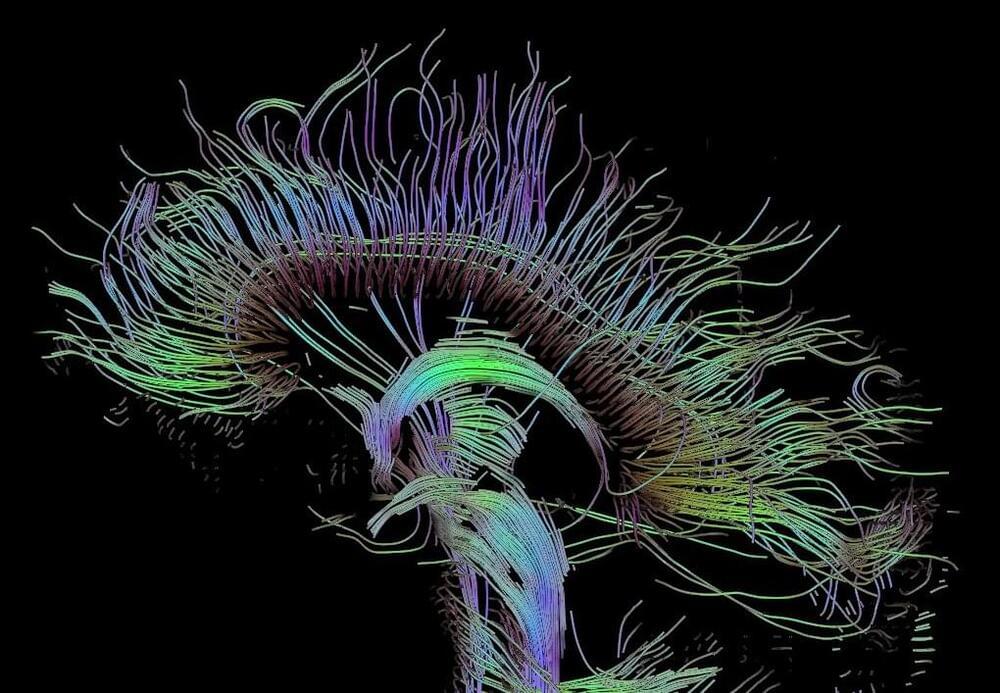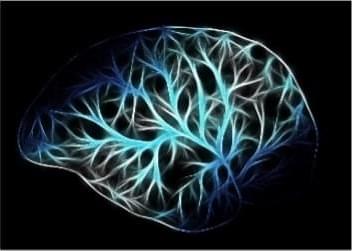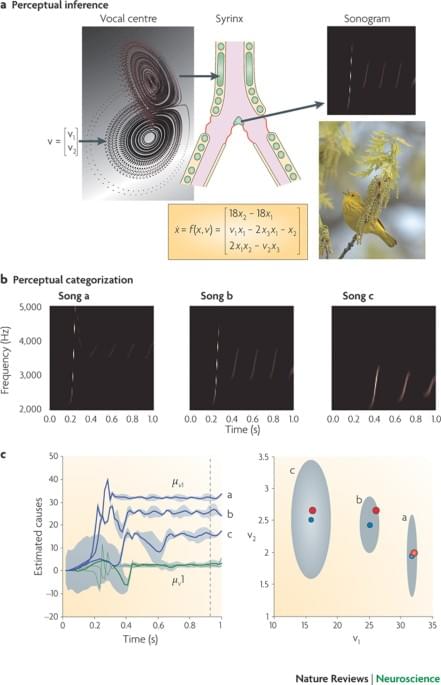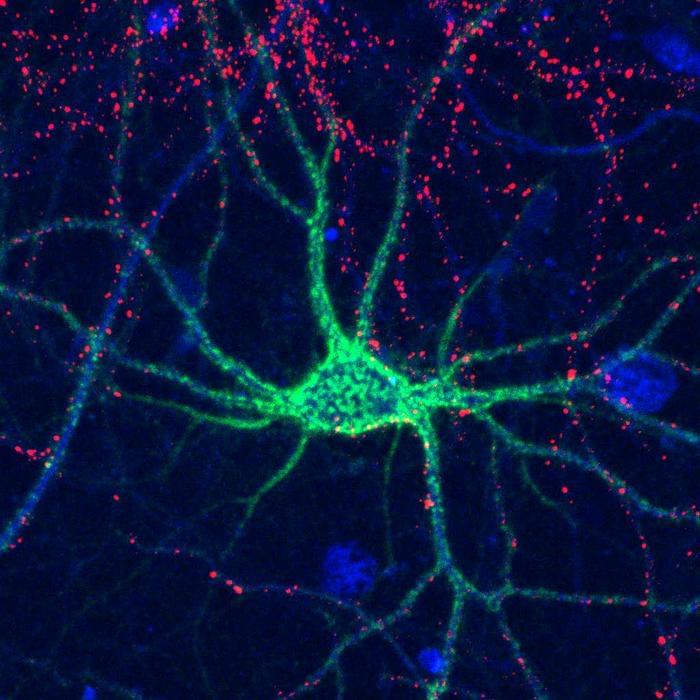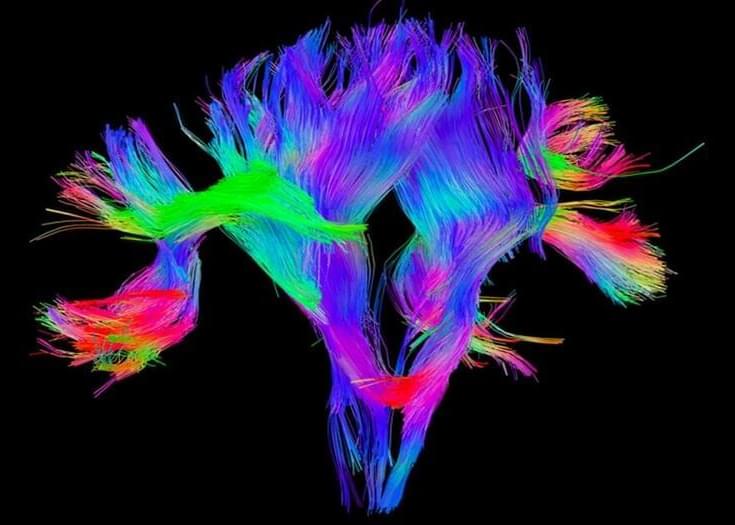Glioblastoma is a fast-growing and aggressive brain tumor. As one of the most common malignant brain tumors, life expectancy after diagnosis is between 14 and 16 months. Roughly 1% of patients survive more than ten years with the longest patients living over 20 years. Symptoms include headaches, double vision, vomiting, loss of appetite, changes in mood and personality, inability to accurately think and learn, seizures, and difficulty speaking. Unfortunately, there is no cure, and treatment options include radiation and chemotherapy with limited efficacy. Glioblastoma is difficult to treat due to its location in the brain, its resistance to common treatment, the brains limited ability to heal itself, disrupted blood supply, blood vessel leakage, seizures, and neurotoxicity from treatments. Due to limited treatment and the life expectancy of this devastating disease, researchers at the SALK Institute in La Jolla, California have set out to find better ways to treat glioblastoma and prolong survival in patients.
Immune checkpoint inhibitors (ICIs) are a form of immunotherapy that block receptors on immune cells which activate them to kill tumor cells. The ICI using by the SALK group is known as anti-CTLA-4, which binds to the CTLA-4 protein on the T immune cells responsible for killing infected cells. This therapy was generated by Dr. James Allison at the MD Anderson Comprehensive Cancer Center in Houston, Texas. For his work, he was awarded the Nobel Prize in Physiology or Medicine in 2018. While this therapy proved effective in other cancers such as melanoma, it was unclear its effect in glioblastoma. The researchers at SALK recently published their findings on the effect of anti-CTLA-4 on glioblastoma.
The study published in Immunity by Dr. Susan Kaech and colleagues at SALK demonstrated prolonged survival of mice with glioblastoma after treatment with anti-CTLA-4. They also discovered that the treatment was largely dependent on CD4+ T cells, which aid in activating other cells, and not CD8+ T cells, which directly kill the tumor. More specifically, CD4+ T cells were found to infiltrate the brain and trigger other immune cells, like microglia to destroy cancerous cells. In Kaech’s work, the lab significantly shrunk the glioblastoma in mice and in some cases completely eradicated it.


